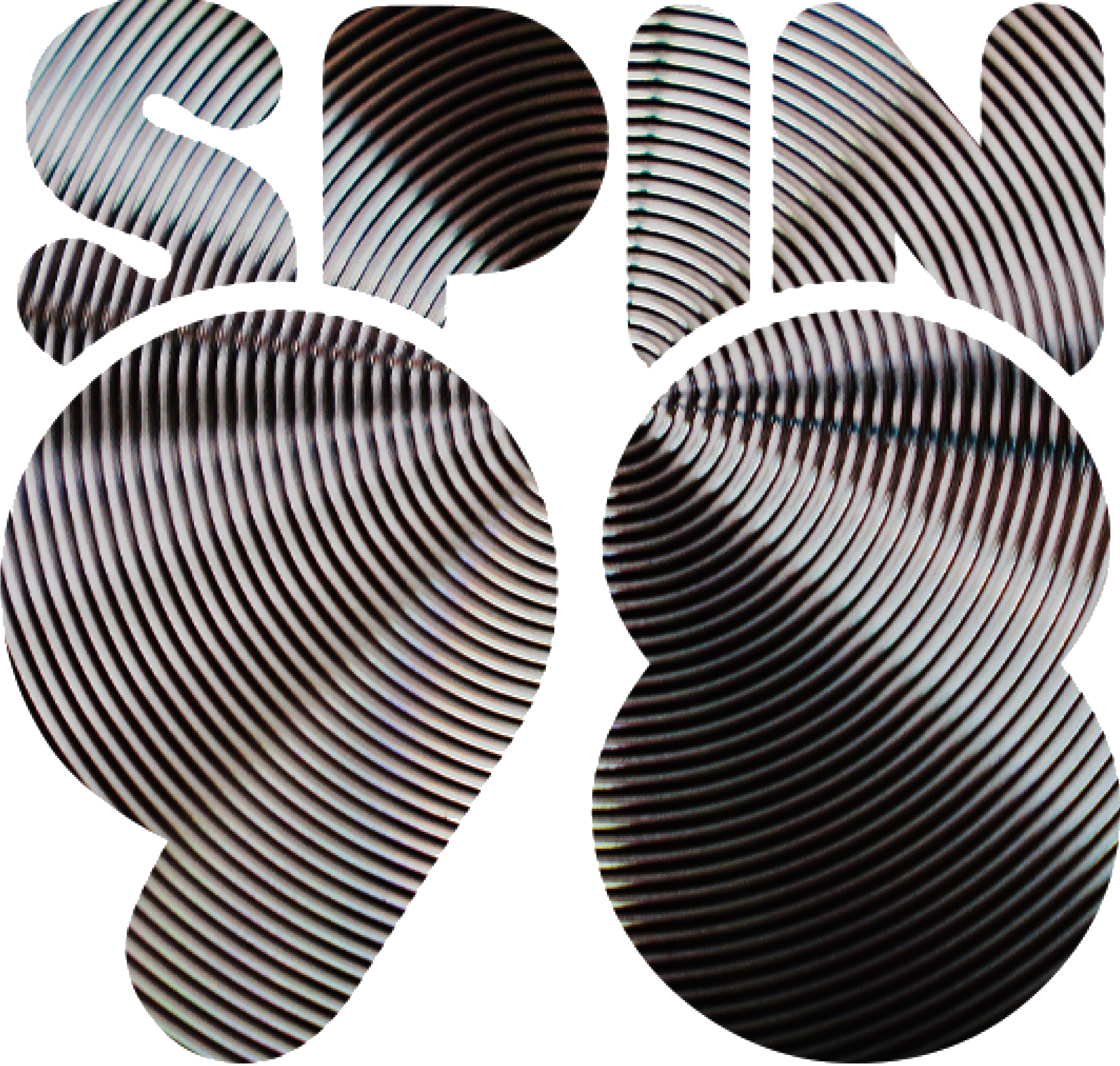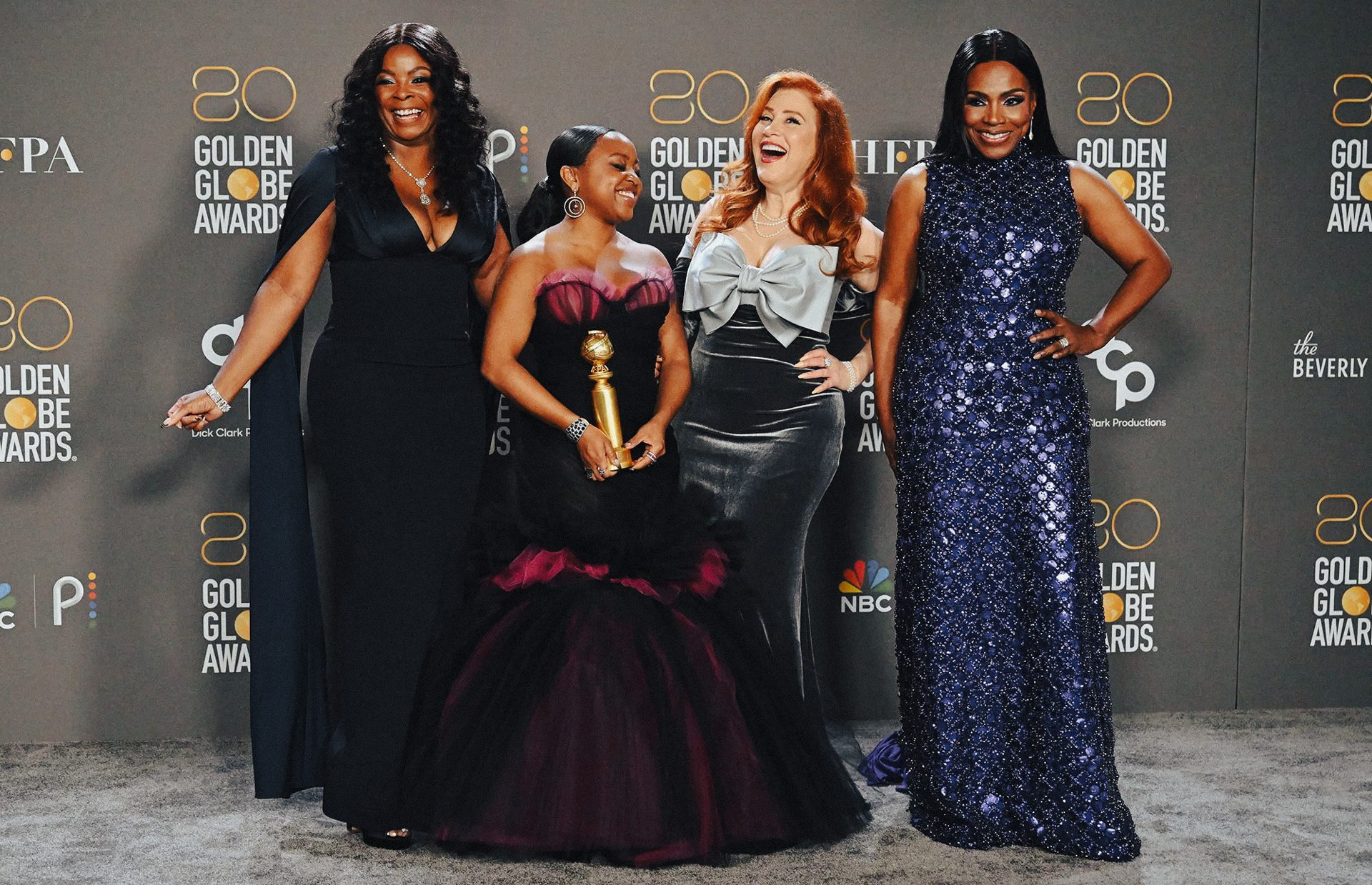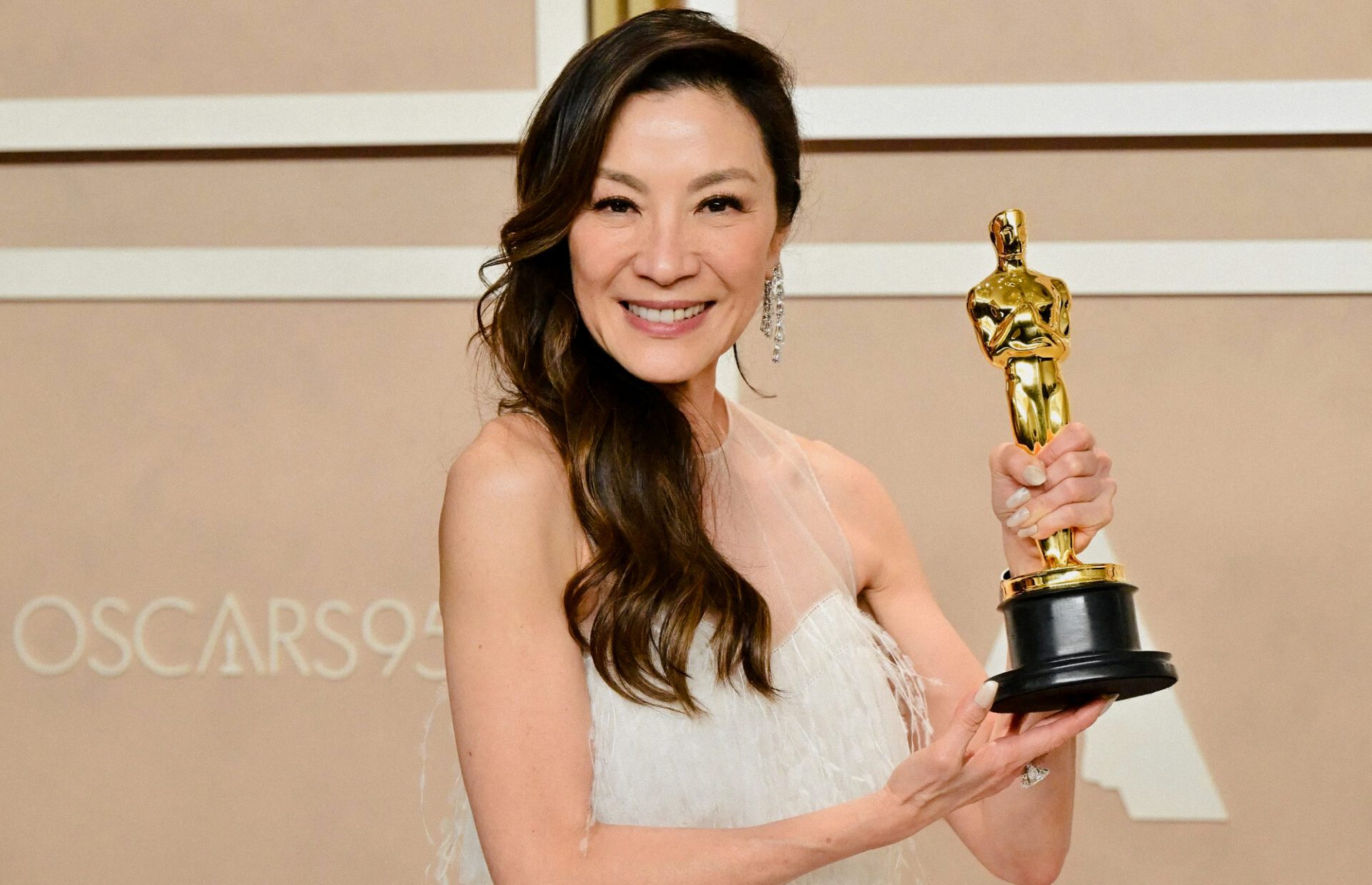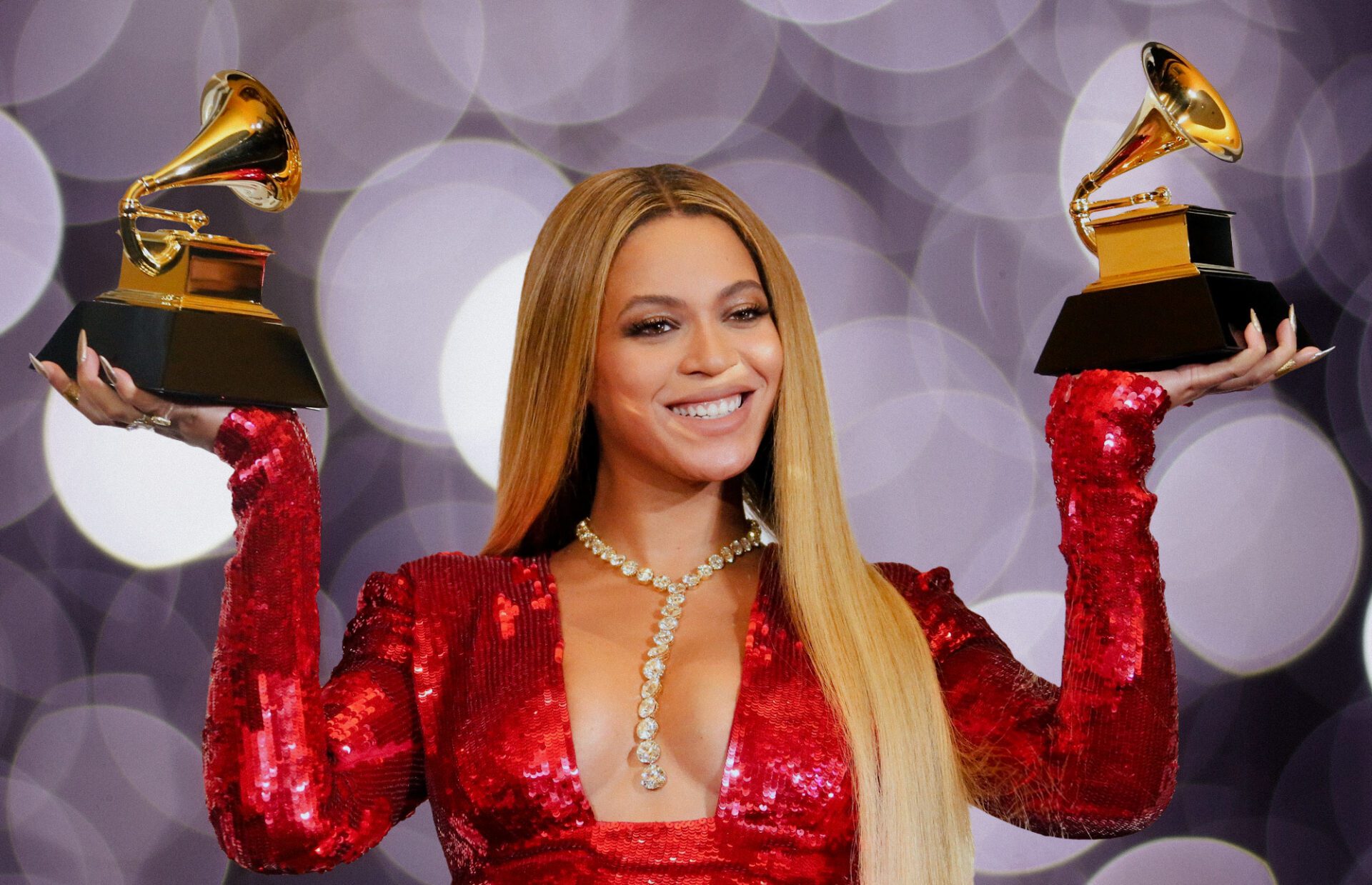
The 21st Century Hip-Hop Hall of Fame
Two and a half decades into the 21st century, the question of who wears the hip-hop crown remains as fiercely debated as ever.
At first glance, this list doesn’t shock so much as it affirms what we already knew: the titans—Kanye West, Jay-Z, Drake, Kendrick Lamar—dominate. But it’s the nuances in the selections, and the framing of those cultural peaks, that give this list its gravity. Wilson isn’t simply acknowledging popularity; he’s trying to identify the seismic moments that shifted the sound, the culture, and the very rules of the game.
A Hall of Titans
Kanye West, as expected, emerges not just as a dominant force but as an axis around which the genre spun for over a decade. From The College Dropout to My Beautiful Dark Twisted Fantasy, Ye is both innovator and instigator—a rare artist-producer double threat whose sound and story defined an era. Whether you love him, loathe him, or land somewhere in between, Wilson makes a compelling case that Kanye West didn’t just play the game—he changed it.
Drake’s ascent reads like a slow, deliberate climb to omnipresence. His 2011 through 2018 run, punctuated by albums like Take Care and Nothing Was the Same, redefined what it meant to be vulnerable, melodic, and commercially unstoppable. The Toronto native’s grip on hip-hop’s emotional core—and the charts—is acknowledged not just through accolades, but through the consistency of his presence.
Kendrick Lamar, meanwhile, emerges as the genre’s moral and creative compass. Wilson anoints him the artist of the year multiple times—most recently for 2024’s GNX, as well as for delivering the year’s most seismic verse on “Like That.” His ability to disappear and re-emerge with something vital has made him hip-hop’s prophet. He’s less prolific than his peers, but his moments hit like scripture.
The Underdogs and Unsung Architects
Equally fascinating are the years dominated by less obvious choices. T.I.’s 2006 nod reminds us of the Trap pioneer’s influence when Southern rap was muscling its way into the mainstream. Tyler, The Creator’s wins in 2019 and 2021 feel like long-overdue recognition for an artist who’s consistently built his own world and invited us in.
Producers like Metro Boomin and Noah “40” Shebib rightfully earn their crowns for redefining atmosphere and mood. The fact that Metro is both 2022 and 2024’s producer of the year tells a larger story: while rappers change faces, the producers often decide what modern rap feels like. In an era of vibes and virality, the beat is king.
Verses That Echo
Our picks for best verse reveal an ear finely tuned to impact. Nicki Minaj’s earth-shaking “Monster” feature in 2010, Kendrick’s game-changing “Control” verse in 2013, and Pusha T’s icy “If You Know You Know” in 2018 all illustrate how one guest spot can bend the trajectory of a year—or an entire career.
And yet, some choices are bound to spark debate. Was “First Person Shooter” really 2023’s song of the year? Is Her Loss a more significant album than Mr. Morale & the Big Steppers in 2022? The list, by nature, is both celebratory and contentious. But that’s what makes it essential reading. It doesn’t ask for agreement—it demands engagement.
A Time Capsule in Real-Time
Perhaps the greatest strength of Wilson’s list is its function as a living time capsule. The selections aren’t merely about accolades; they’re about influence, longevity, and the emotional texture of each year. From “Lose Yourself” (2002) to “Not Like Us” (2024), we’re reminded that hip-hop is both mirror and motor—reflecting the moment while moving it forward.
This isn’t just a history lesson. It’s a provocation. It asks us not just to remember, but to re-listen. To revisit old classics and forgotten favorites. To debate not just who won the year, but why it mattered in the first place.




